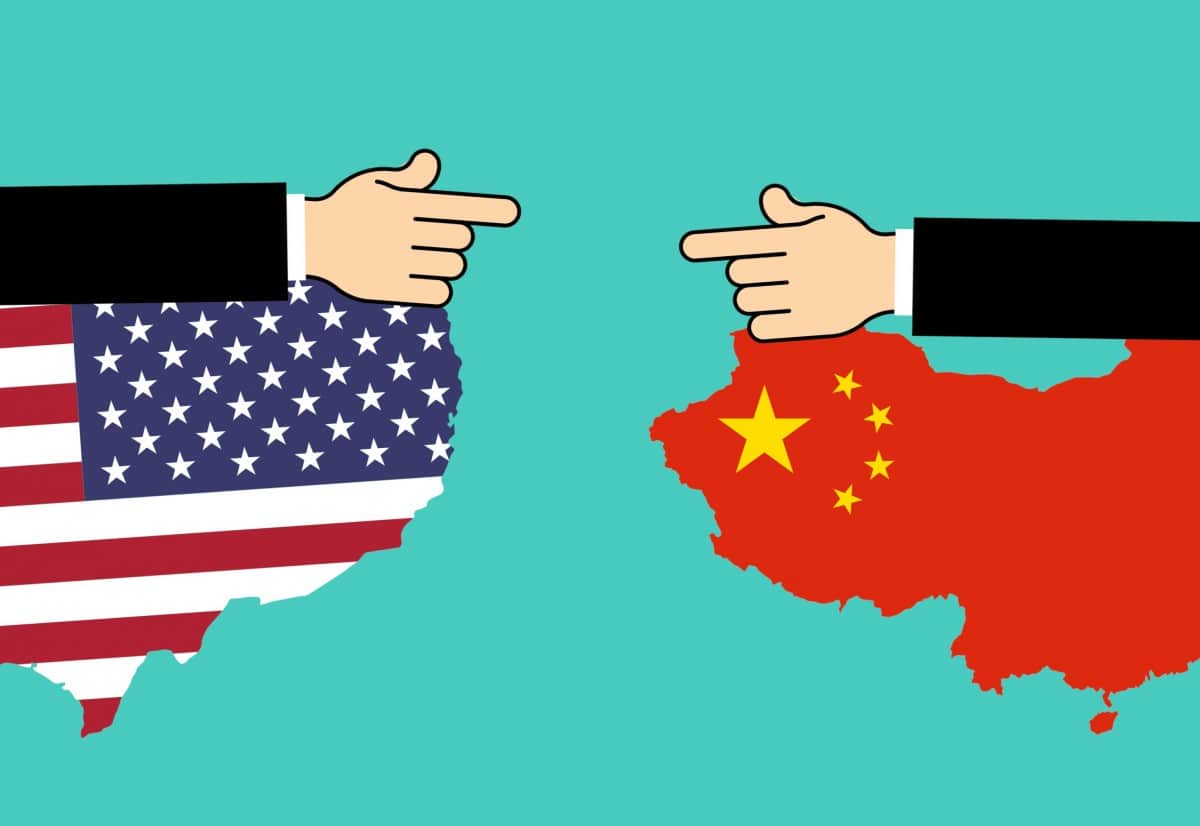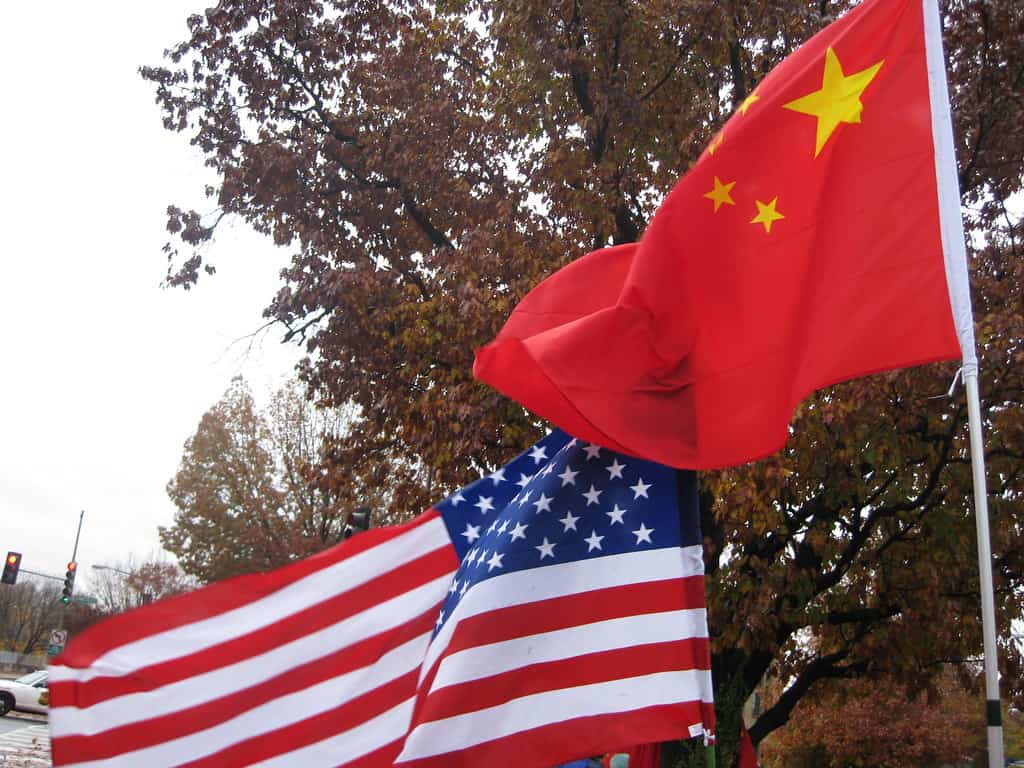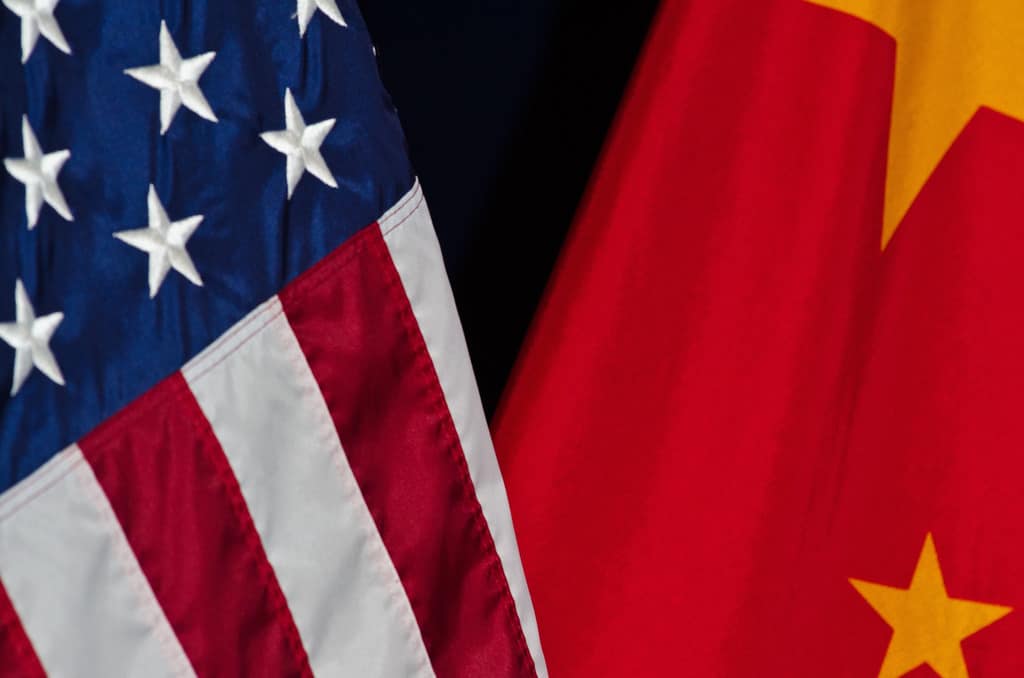A new report says that much of the phase one trade deal executed by China and the US just over a year ago has been a failure falling far short of its targets.
The report from the Peterson Institute for International Economics (PIIE) points out that US exports of phase one goods to China in 2020 fell over 40% short of the target of USD$200 billion in additional goods and services purchases.
Purchases by China of manufacturing goods under the deal satisfied just 57% of the target in 2020. For autos, trucks and parts only 40% of the target was met, while for aircraft, engines and parts a mere 18%.
Imports of energy products by China satisfied only 37% of its commitment, while agricultural purchases fell 18% short of the 2020 target amidst declines in soybean and lobster imports.
“Much of the deal was a failure,” wrote report author Chad Brown. “According to evidence from the deal’s first year, China was never on pace to meet that commitment, with the economic devastation of the Covid-19 pandemic only partly to blame.
“Attempting to manage trade – to meet Trump’s objective of reducing the bilateral trade deficit – was self-defeating from the start. It did not help that neither China nor the United States was willing to de-escalate their debilitating tariff war.”
While Chinese imports of goods covered by the phase one deal did see a 13% YoY rise in 2020, the report points out that this was largely due to the low base in 2019 created by China’s retaliatory tariffs against the Trump administration.
Purchases of semiconductors and semiconductor manufacturing equipment surpassed 2020 targets by 27%, as Chinese tech companies such as Huawei scrambled to stockpile goods due to concerns over further restrictions by the Trump administration.
The US trade in goods deficit with China dropped to USD$310.8 billion in 2020, as compared to USD$419.5 billion in 2018, at the outset of heightened trade tensions.
The Report does not consider this to be a sound benchmark of improvements to trade relations however, and said that purchase commitments have proved to be counterproductive.
“The dubious policy objective of reducing the bilateral trade deficit – the heart of Trump’s phase one deal – should be scrapped,” said the Report.
“The purchase commitments only sowed distrust in the very same like-minded countries with which the new US administration must work to tackle their mutual concerns involving China.”
Despite the falling short of targets, the Report nonetheless called for retaining certain parts of the phase one deal moving ahead.
“Several elements are worth keeping and building upon – such as China’s commitment to reduce non-tariff barriers related to food safety and open up to foreign investment,” wrote Bown.
“China’s agreeing to crack down on intellectual property violations and the forced, insufficiently compensated, transfer of American technology will also prove beneficial if enforced.”




